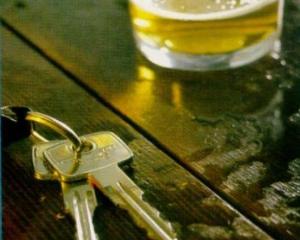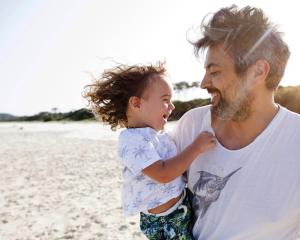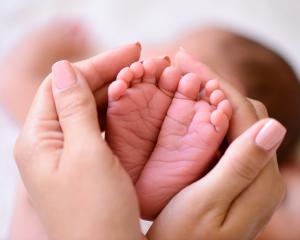

And this occasion gives me the opportunity to both write about adolescence again and to share again a couple of stories.
The first is about God appearing to Abraham, saying, "Abraham, you must sacrifice your firstborn to me."
Abraham replied, "But, God, my son is only a young child. Couldn’t I wait a few years and sacrifice him then?"
"No," answered God. "He’ll be a teenager then and that wouldn’t be much of a sacrifice at all."
The second is Shakespeare’s comment on adolescence in A Winter’s Tale. "I would there were no age between ten and three-and-twenty, or that youth would sleep out the rest; for there is nothing in the between but getting wenches with child, wronging the ancientry, stealing, fighting ..."
In fact, inscriptions found on stone tablets show that young people were driving their elders to distraction some 4000 years ago.
While the use of the word "teens" is first recorded back in 1673 and "adolescence" 200 years earlier, what we understand by adolescence was only studied in detail and more precisely defined by American psychologist G. Stanley Hall in 1904.
Industrialisation and the rapid growth of cities, particularly in the United States, brought large numbers of young people together, often with not a great deal to do. This effectively created a new social grouping which required a label. Once it was labelled, of course, it could be analysed, described and evaluated. And marketed to. And, so, a whole subculture was created.
"Teenagers", then, have been around since time began, but perhaps for much of that time they were working, were married, were raising children and were fighting wars.
Life was hard. But while it may be a little more predictable now than it was in the time of the Black Plague or the Vikings, the inner turmoil of adjusting to the physical and emotional changes of the transition from childhood to adulthood hasn’t. Working out your place in the scheme of things, wondering about the future, that’s all still there.
The transition is probably more prolonged and getting longer as current economic and social policies stretch many young people’s dependency on their parents or the State well into their 20s.
And since there is this "age between ten and three-and-twenty" and they might try to sleep it out but we won’t let them, there’s more on adolescence next week.












